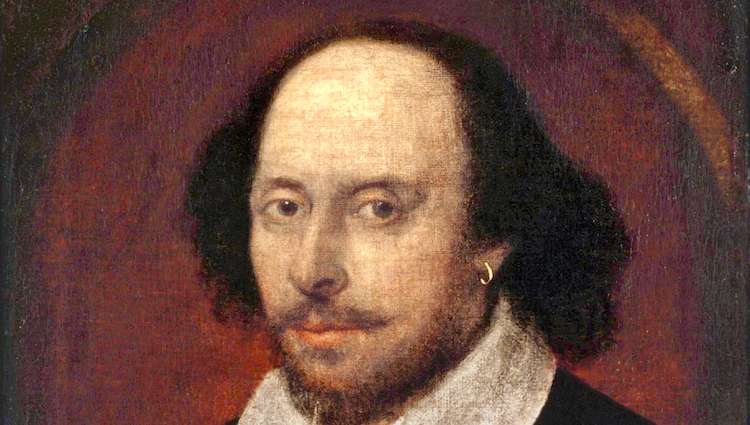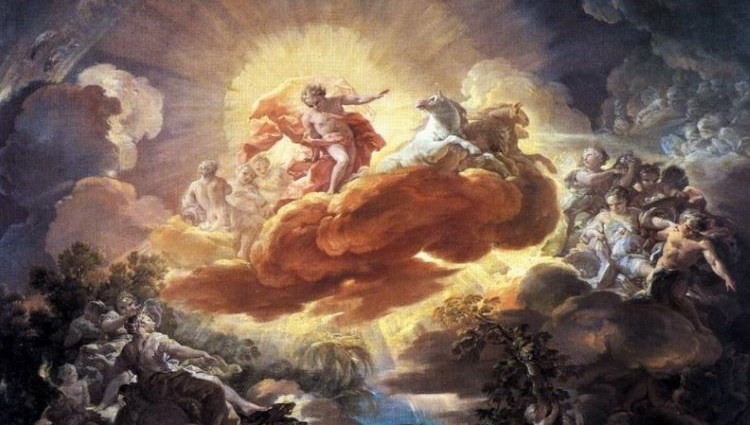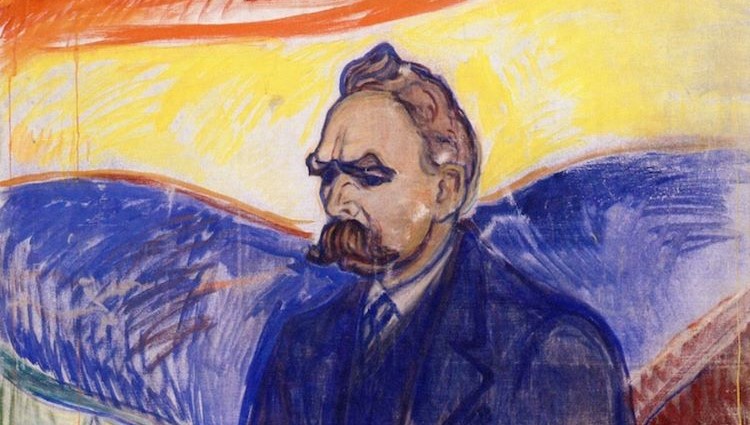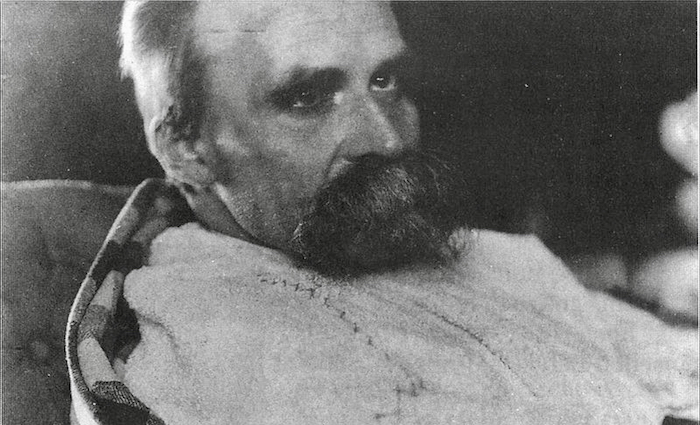Nietzsche and the Short Nineteenth Century
As Christopher Dawson argued, the nineteenth century proved a short century. When the century began, Thomas Jefferson delivered his gorgeous blueprint for a liberal republican world in the form of the first inaugural address. “But every difference of opinion is not a difference of principle. We have called by different names brethren of the same [...]













